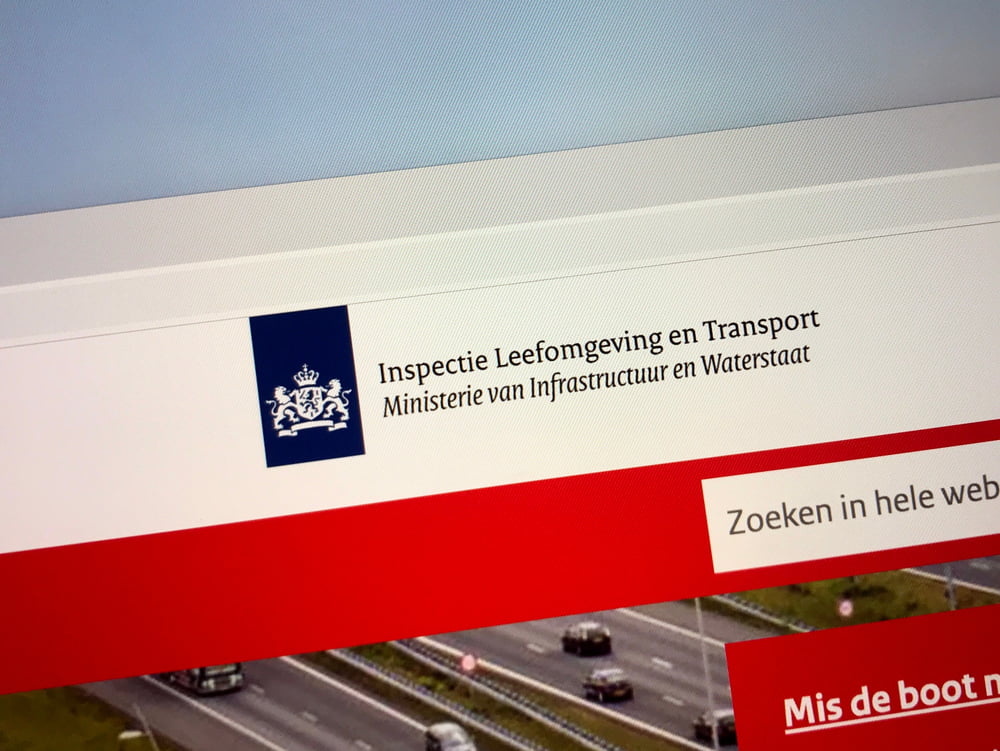From this year, the transformation of the Human Environment and Transport Inspectorate (ILT) into an agile organization is a fact. In 2016, the inspectorate gradually shifted its course and started working differently. More than ever, risks to people and the environment are central to this. The Inspectorate chooses to act where the most effect is achieved.
“We mainly look at what is harmful, less at what is prohibited under regulations. In addition, we work as much as possible in a risk-oriented and information-driven manner (big data) and we also use new techniques, such as sulfur-sniffing equipment and drones. We are also increasingly looking to collaborate with knowledge centers, environmental services and a large number of chain partners, ”said Jan van den Bos, Inspector General.
Risk analysis
With the ILT-wide risk analysis (IBRA), the inspectorate determines where the social risks are greatest. Choices must also always be made with the extra capacity allocated in 2019. The intended effect is paramount and determines which interventions the inspector chooses: dialogue, warning, administrative fines, but a criminal law approach is also possible. For example, official reports were drawn up for various environmental crimes. An investigation by the ILT Intelligence and Investigation Service provides strong indications of large-scale fraud involving biodiesel.
Four persons were arrested as suspects in the Netherlands in late April. In order to get the province of North Holland to adapt the environmental permit of Tata Steel, the ILT is not afraid to go to the administrative court. The Inspectorate wants the province to stipulate in the permit that Tata Steel must investigate the best available techniques to reduce nitrogen oxides (NOx) emissions in the pellet factory.
Signaling
In addition to direct action in the event of abuses, the ILT sends signals to politicians and society. Signal reports are increasingly emerging, for example in the biodiesel store mentioned above. The ILT points to the susceptibility to fraud of the certification system. Another signal warns against fraud with tachographs in trucks, which would jeopardize enforcement of driving and rest times. Another ILT report shows that there is insufficient insight into the distribution of GenX.
The inspectorate also proactively demands attention for the increasing risks that drones entail for air traffic. The subjects vary widely because the ILT supervises about 70 laws and 80 regulations.
Become a Partner
The ILT strengthens cooperation with the outside world. An example is cooperation with other inspection services in the field of market equilibrium in freight transport and waste. We will strengthen our position by working together more intensively and sharing information.


